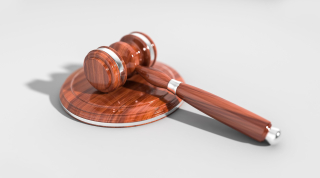 Once you understand what a will can do, the reason that everyone needs one becomes a lot clearer, especially if you have any minor children or any assets.
Once you understand what a will can do, the reason that everyone needs one becomes a lot clearer, especially if you have any minor children or any assets.
A will is a legal document used to provide clear and binding instructions on how you want your assets to be distributed after you die. Everyone should have a will, because they can also be used to identify a person who you want to handle your property, known as the executor and who should be the guardian of your minor children, if both parents die.
Yahoo Finance’s article, “What Does a Last Will and Testament Actually Do?” explains that a last will and testament has instructions for what you want to happen with your assets. A will also designates an executor, names beneficiaries and more. You should work with a qualified estate planning lawyer, when preparing one.
 Houston Estate Planning and Elder Law Attorney Blog
Houston Estate Planning and Elder Law Attorney Blog










